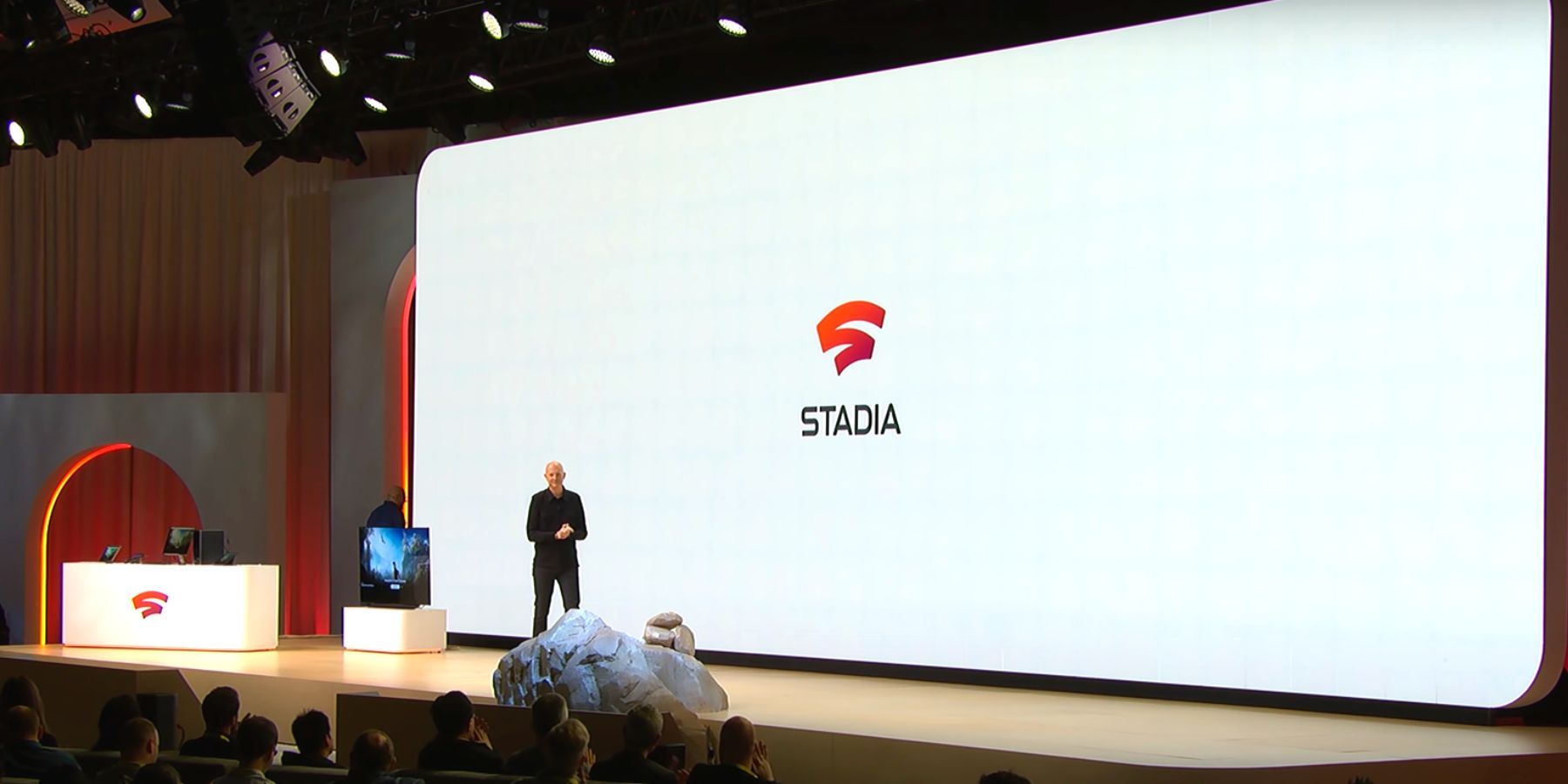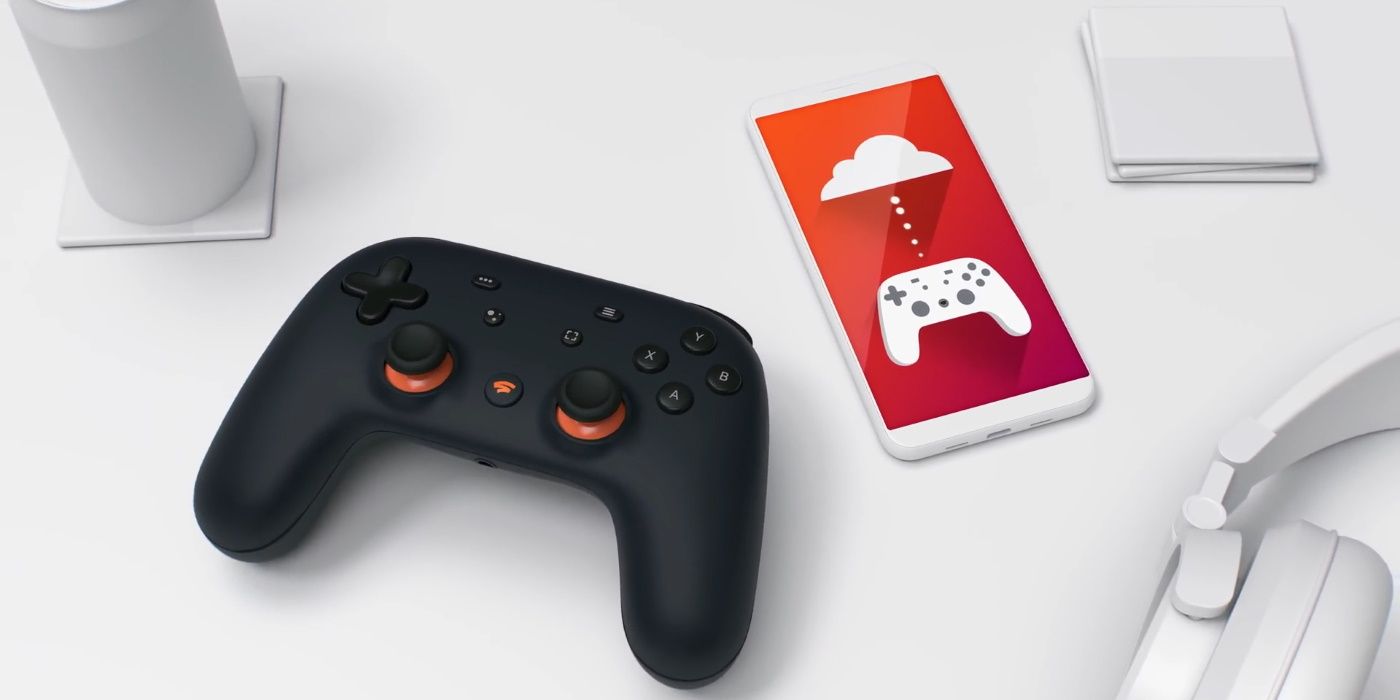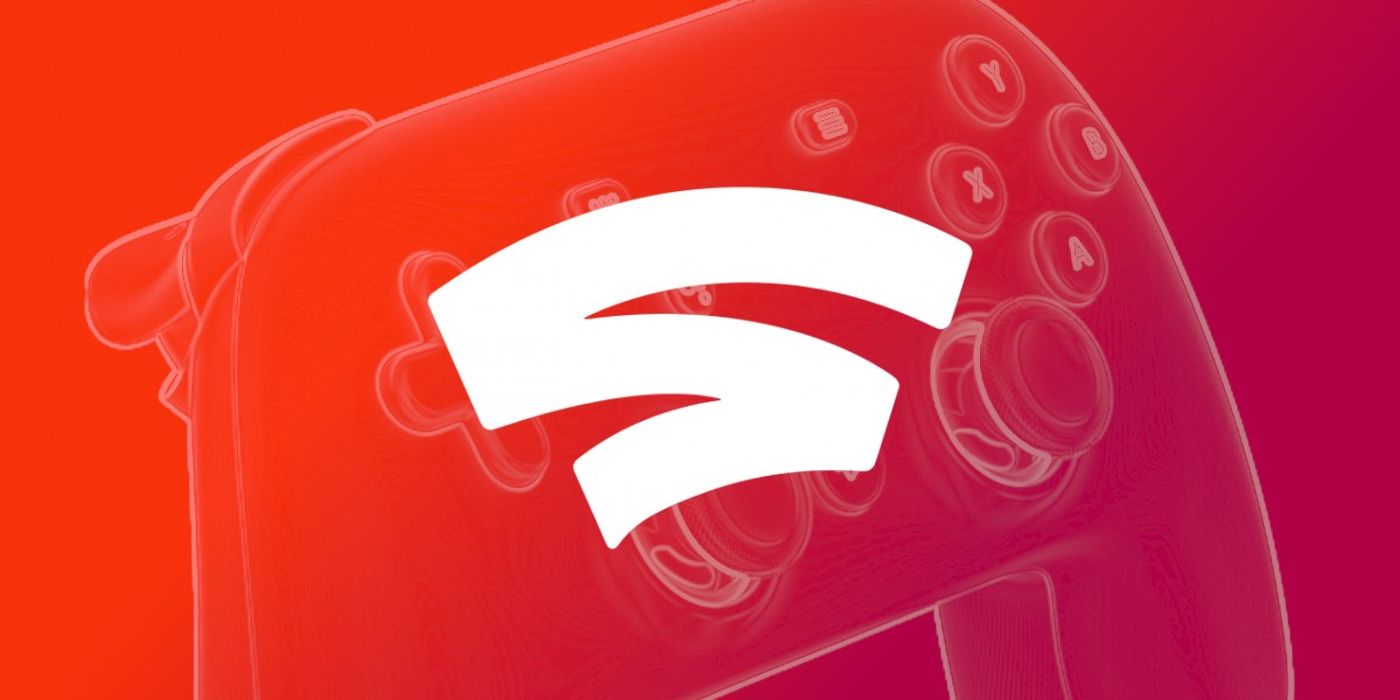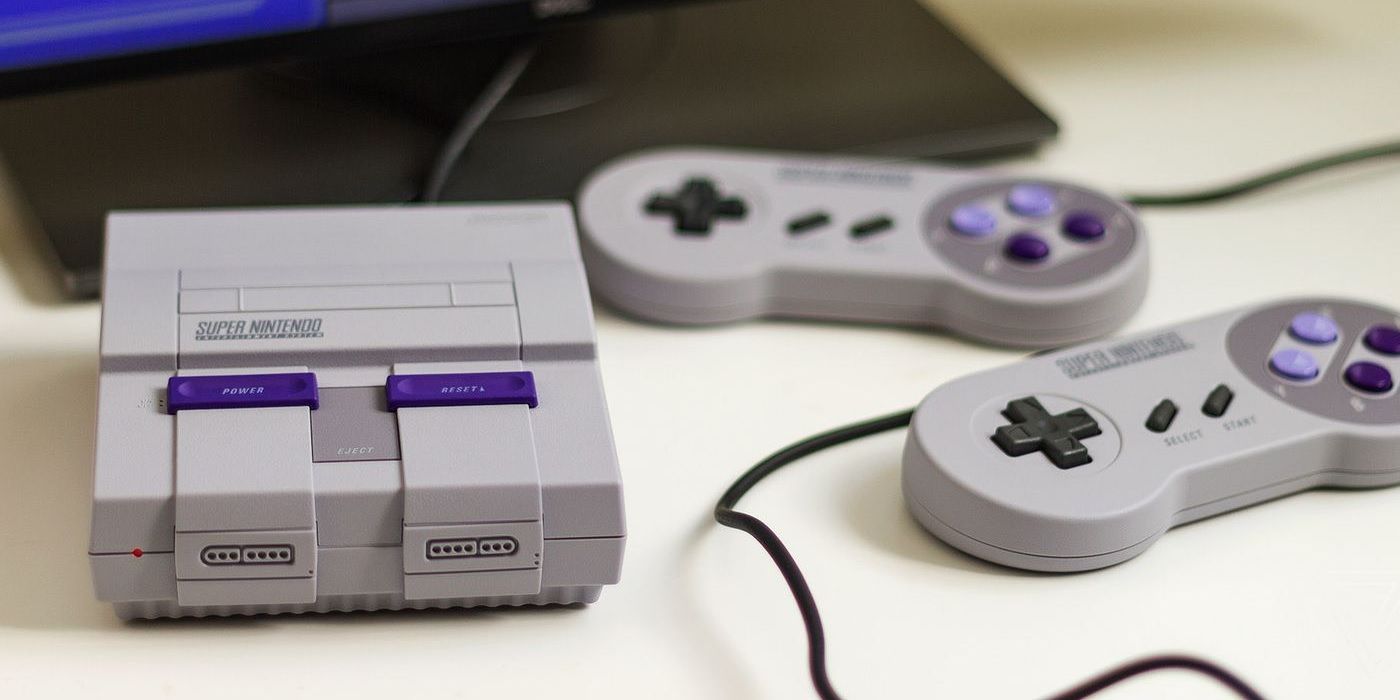Google has confirmed that the Stadia cloud gaming service will be shutting down completely on January 18, 2023. This comes months after rumors of an approaching shutdown were ardently denied. The company has confirmed that the end of the service means users will lose access to their games and DLC content, though refunds for both hardware and Stadia store purchases will be issued by that date.
The news, while significant, was unsurprising to those who had doubted the longevity of Stadia since its creation, owing to a growing list of abandoned Google projects over the years. Refunds are welcome news, but of course, users are disappointed about losing access to their library. Amidst all of this, however, are some more long-term conversations that resurface in the digital gaming space. Regardless of how the closure affects gamers on an individual basis, the end of Google Stadia is a bleak reminder of the fragility of the approaching all-digital video games industry.
Digital Gaming Is a Valuable Format
It's important to understand why digital gaming continues to grow before understanding the pitfalls illustrated by Stadia. The format's benefits go beyond that of simply being more convenient than physical copies. Digital games avoid issues like damaged discs that longtime gamers will be familiar with. Digital publishing is also partly responsible for the current renaissance of indie game developers, which may lack the resources for physical distribution. There's also a sustainability factor involved with digital games. It seems like a nonissue, but in a world that is moving away from packaging waste and emissions, it only makes sense that the video game industry keeps up with these changes.
Streaming services like Stadia also have added benefits on top of those of digital gaming in general. As games with huge file sizes become more common, cloud-based services mean gamers do not need to worry about storage as much. It also allows more accessible play via more devices, such as the capability to play huge AAA titles like Red Dead Redemption 2 on Stadia's smartphone app. That's not only a win for gamers who want more options to play, but it also means those without a console or gaming PC can access video games. Streaming also allows users to try out games without committing to a full purchase.
Stadia Raises Questions About Ownership
While there are many issues with digital gaming overall, there are some key ones to think about when it comes to the specific issue of a service like Stadia ending. One of the most significant issue at hand here is that of ownership of digital video games. Digital gaming has diluted what it means to own games, with many consumers unaware of the changes that have taken place over the past few years. As it stands, most digital downloads do not actually infer ownership to the buyer, but rather give them access to it with the permission of the publisher.
The shutdown of Stadia exemplifies that this situation is even more precarious with cloud gaming, since the purchase is for access through the cloud platform, rather than directly to the game itself. There is rarely any reason for a publisher to rescind access to purchased games, but this shutdown shows that a cloud provider like Google could more realistically do so. Effectively, access to a purchased game through a cloud service requires permission -- so to speak -- from both the publisher and the streaming provider, and with the latter gone, many consumers will be losing games they likely thought they owned outright.
Ownership has been discussed a lot since the move towards digital gaming started, but it's been easy to ignore for many. The fact is that there have seldom been cases where the end of availability of titles or even entire stores has resulted in the wholesale loss of the ability to play games. Even things like the approaching closure of the Nintendo eShop for 3DS and WiiU will still allow players still keep their downloaded games and add-on content. That isn't the case here. While refunds are a welcome compromise, people who chose to use Stadia as their only gaming platform will lose their entire access to the medium when the service closes down in January.
Digital Gaming Puts Preservation at Risk
The shutdown of Stadia also brings forth another recurring issue that continues to grow in relevance: video game preservation. In some ways digitization of gaming has aided preservation. Xbox maintains an enormous library of backwards compatible games, allowing users to play games from past generations that they otherwise may never have been able to. However, this preservation depends on the providers' willingness and capability to allow access, and Stadia is evidence that this is never completely promised.
This is another area where the unique characteristics of cloud services like Stadia present even more issues than digital downloads. A perfect illustration of this comes from the now infamous case of PT, a playable teaser to the canceled Silent Hills game from Hideo Kojima. The teaser was removed from the PlayStation Store when Konami canceled Silent Hills but remained playable to those who had already downloaded it. It also later became more widely available through fan remakes based on the original, though these projects faced legal issues.
Since the announcement of Stadia's demise, reports have surfaced that a Hideo Kojima game was in the works as an exclusive for the platform, but was later canceled. If it had come to fruition, then the end of Stadia would have meant all access to the game would be lost, unlike PT remaining playable after being discontinued. What's more, even fan remakes would be hindered by the fact that there would be no downloaded files of the original available. It's difficult to imagine a Hideo Kojima game being effectively wiped out like this, yet it could very nearly have been a reality.
Most of the games in Stadia's library are available through other platforms, but there are some exclusives on the service. That means those games could effectively disappear if there are not some measures of preservation put in place. As it stands, the list of Stadia exclusives is short, consisting mostly of indie games like Outcasters and Gylt, but that by no means suggests these games aren't worth preserving. Video game preservation is important because of the cultural contribution gaming makes through all games, not just ones deemed important by certain people. As such, the loss of any part of this history is one worth grieving. Any games that vanish with Stadia will add to its complicated legacy as an early face of cloud gaming.




